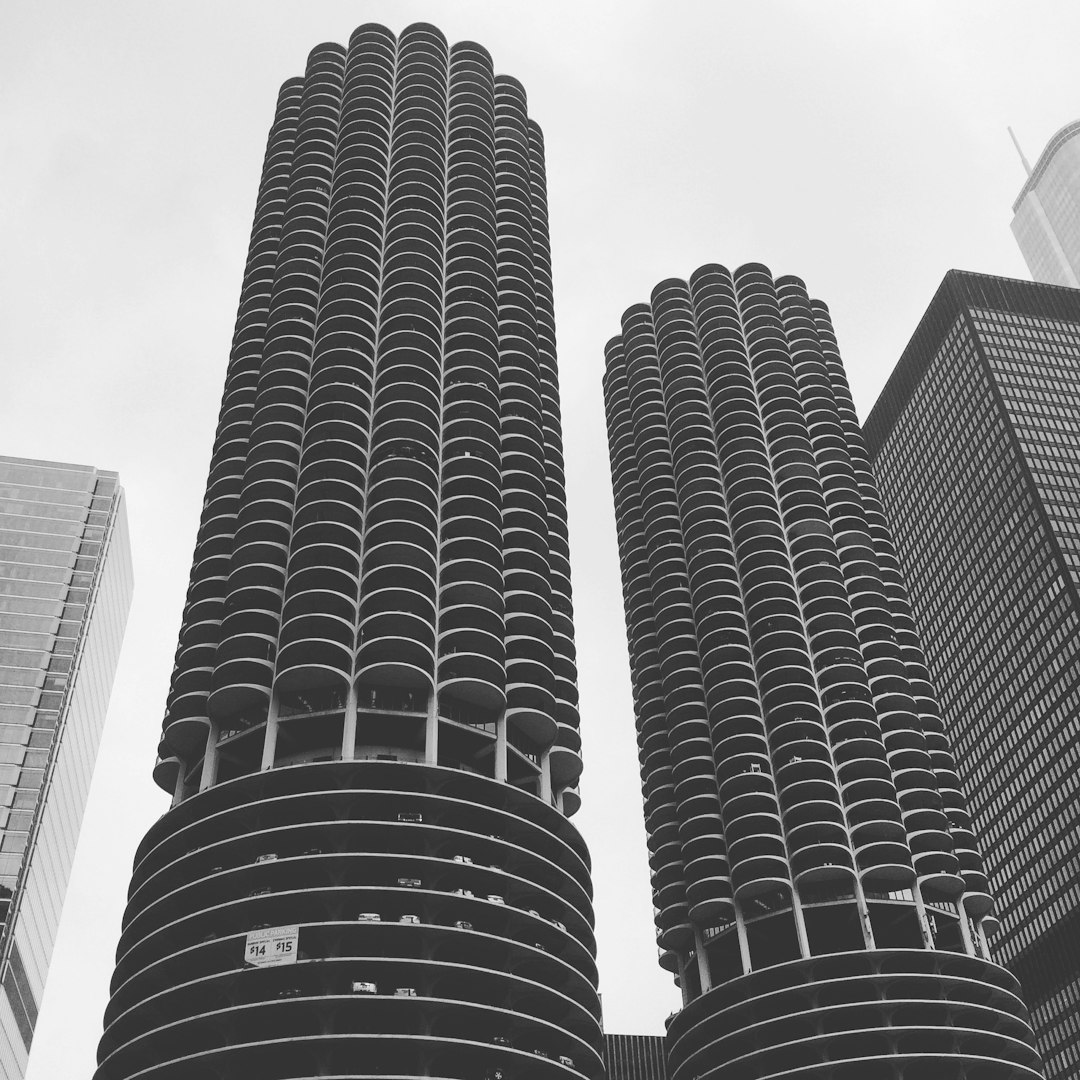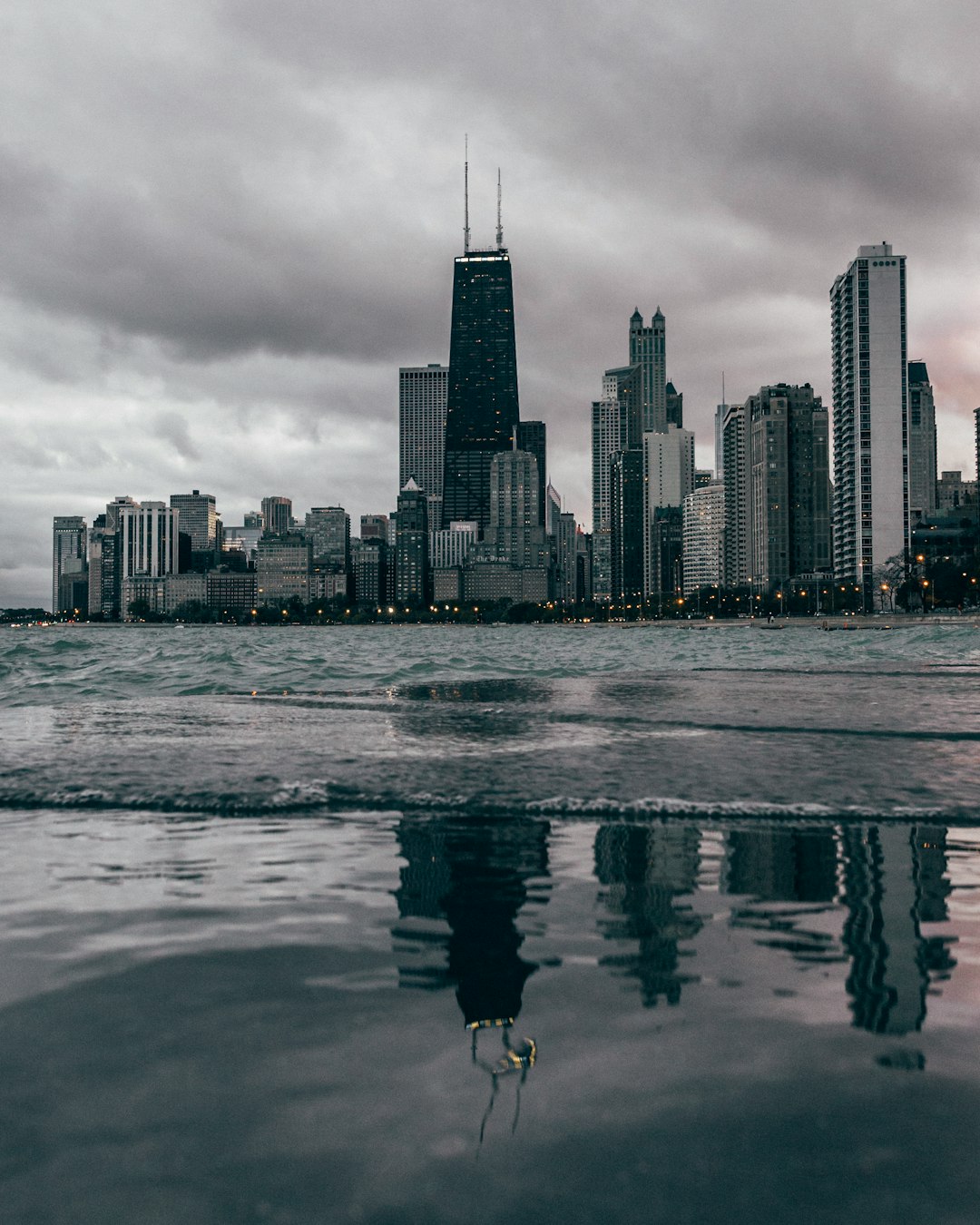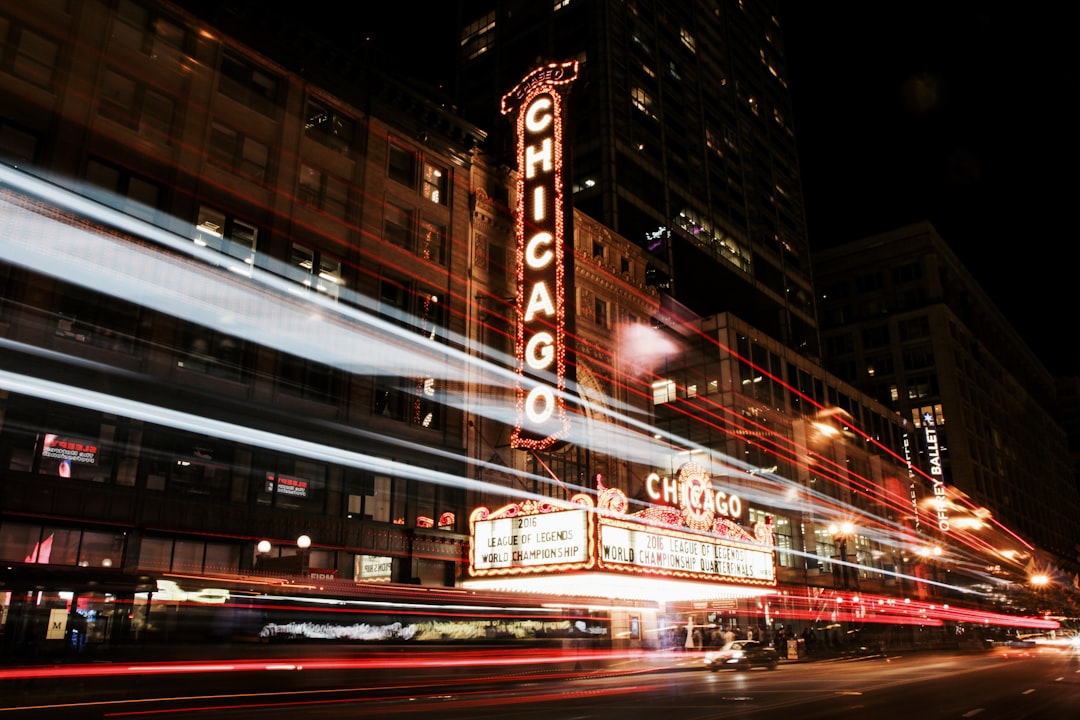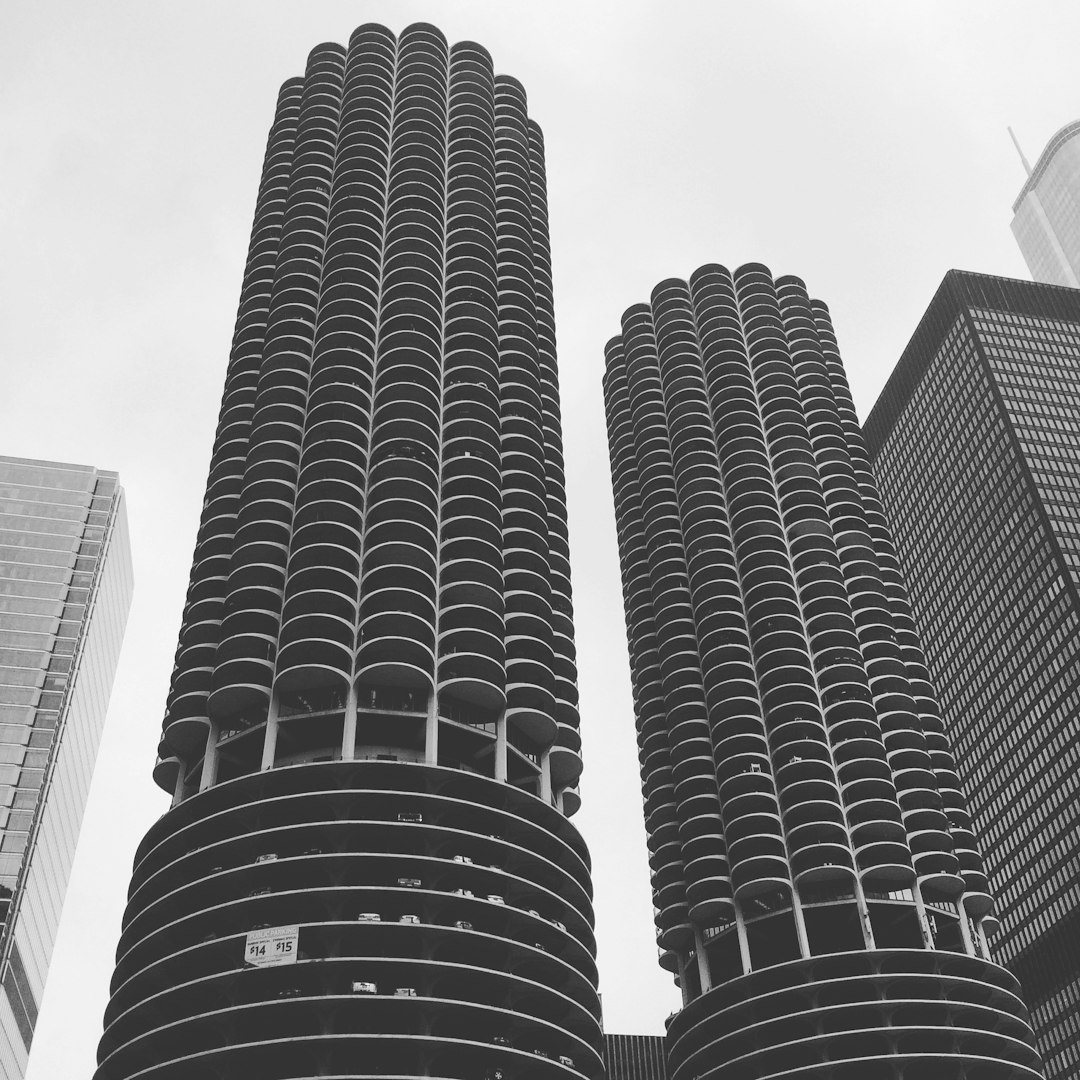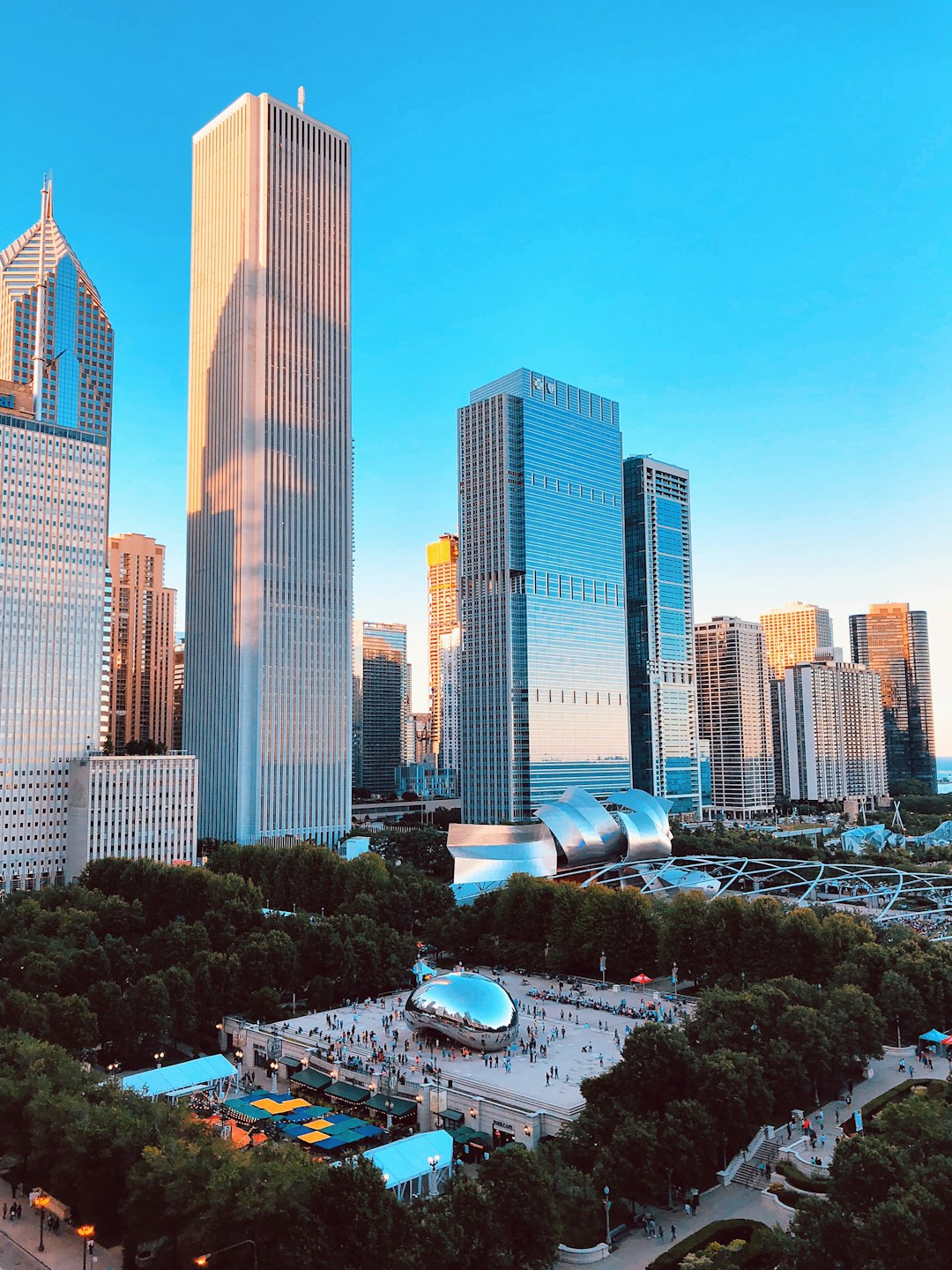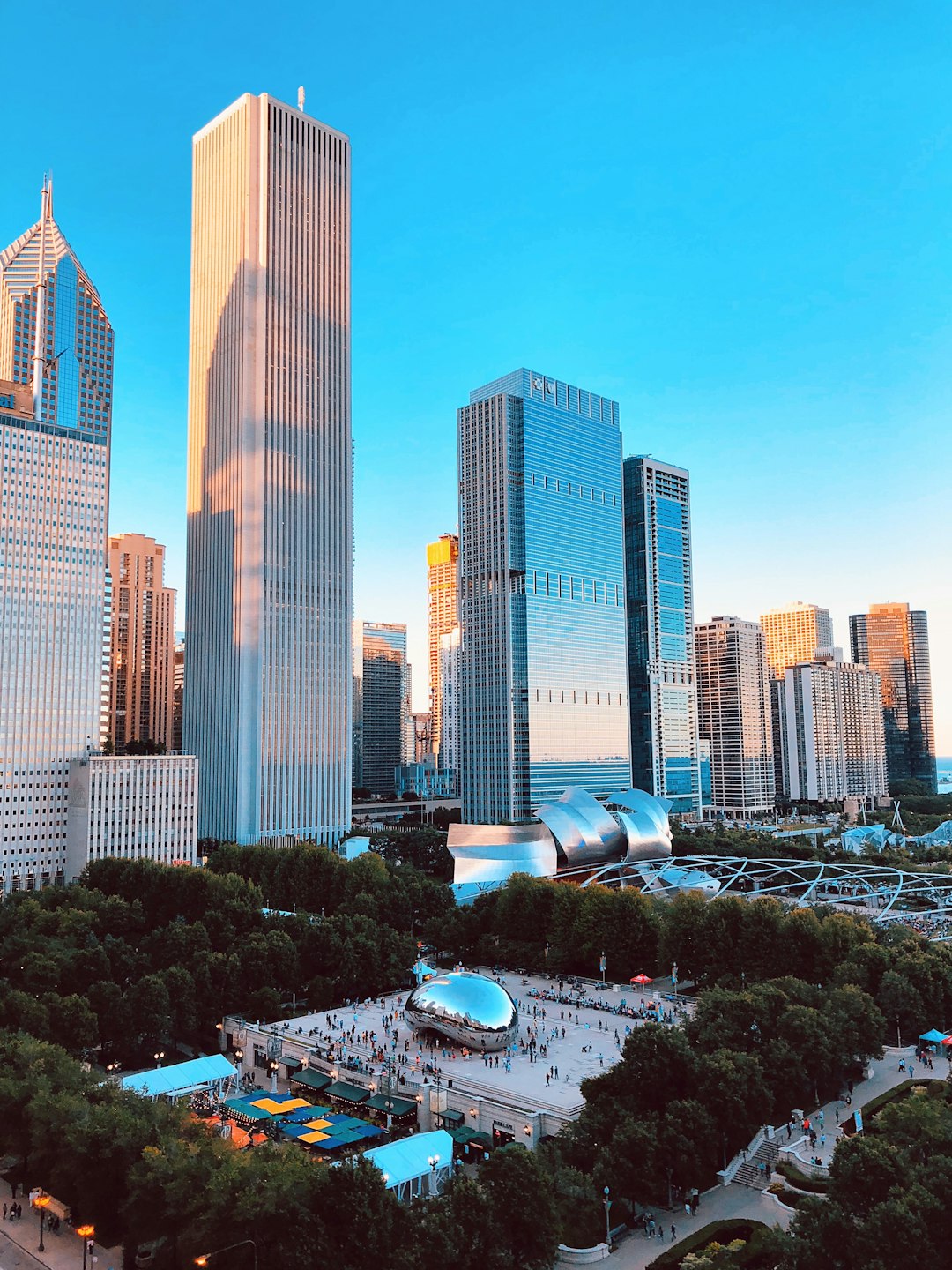National telemarketing laws, including the TCFA, protect Chicago residents from unsolicited phone marketing calls. Despite these laws, many Chicagoans face persistent unwanted calls affecting their quality of life. Specialized unwanted call attorneys in Chicago help consumers navigate complex regulations, file complaints with the FTC, pursue legal action, and recover damages against violating businesses.
In the era of relentless telemarketing, understanding local regulations is crucial for Chicago residents facing unwanted phone solicitations. National telemarketing laws aim to protect consumers, but their impact varies across regions, including Chicago. This article explores these laws and their practical implications in the Windy City. We delve into how to identify and address unwanted calls, highlighting the rights of Chicagoans and the legal avenues, including assistance from an unwanted call attorney Chicago, available to combat persistent telemarketers.
What Are National Telemarketing Laws and How Do They Apply in Chicago?
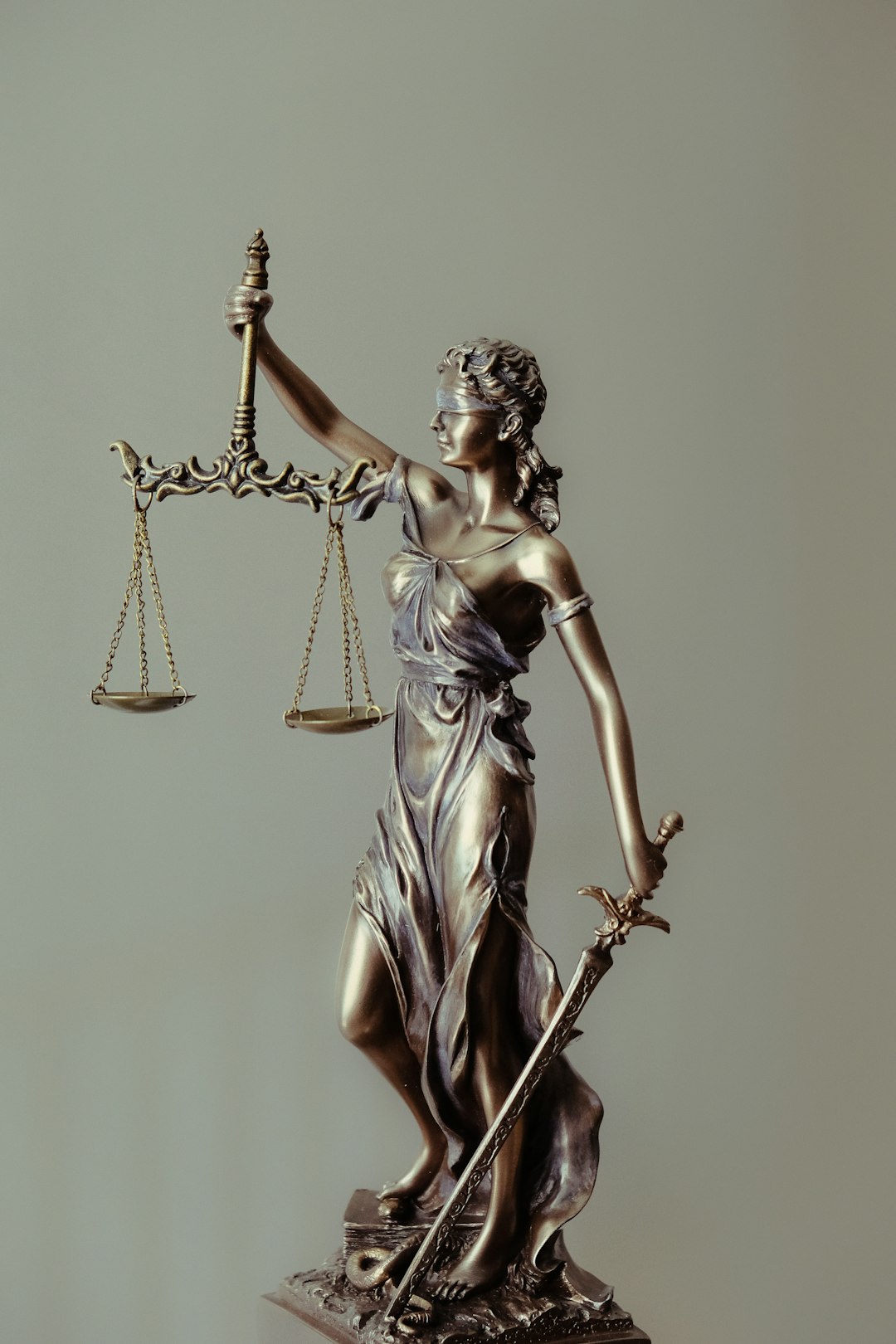
National Telemarketing Laws, also known as do-not-call laws, are regulatory measures designed to protect consumers from unsolicited phone marketing calls. These laws restrict businesses from making telemarketing calls to individuals who have not given explicit consent. In Chicago, these rules are enforced just like they are across the nation, with penalties for violations. The Telemarketing and Consumer Fraud Prevention Act (TCFA) is a federal law that sets guidelines on how businesses can contact consumers by phone. It allows residents to register their numbers on the National Do-Not-Call Registry, effectively blocking most telemarketing calls.
For Chicago residents dealing with unwanted call attorneys or other types of unsolicited sales calls, understanding these laws is crucial. If a business makes a telemarketing call to a registered number, it can face substantial fines. Unwanted call attorney Chicago becomes relevant when consumers take legal action against companies that violate their privacy and ignore the do-not-call preferences. Many residents find relief through such legal avenues, ensuring that national telemarketing laws are respected in their local area.
Identifying Unwanted Calls and Their Local Impact on Chicago Residents
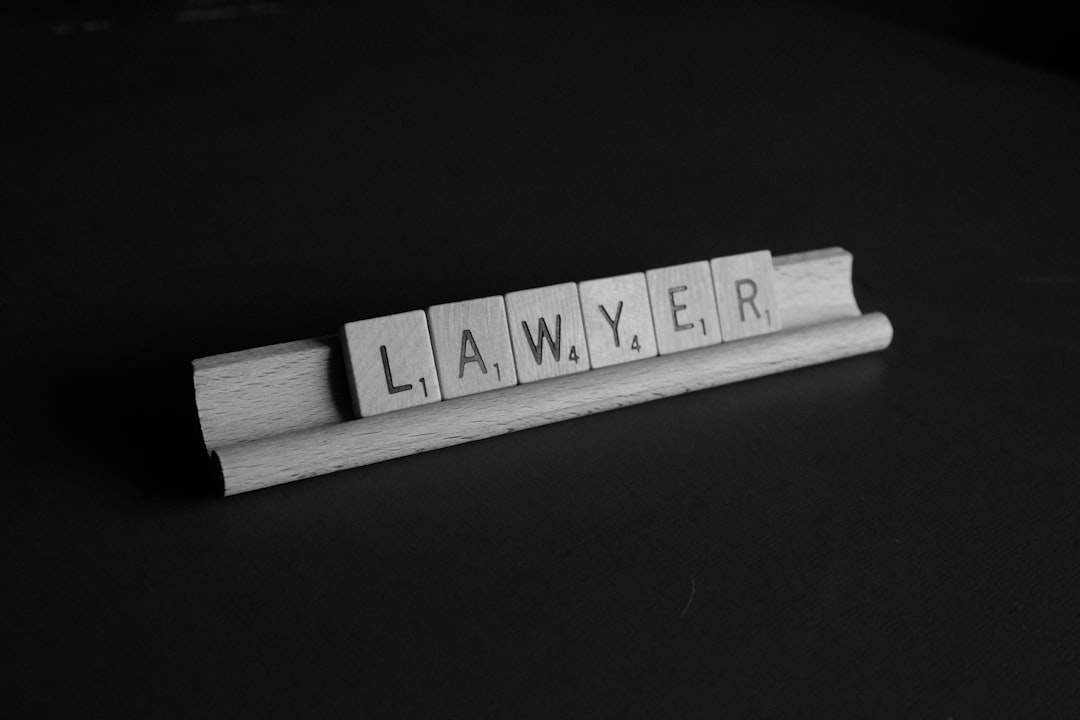
In today’s digital era, unwanted calls from telemarketers have become a pervasive issue for Chicago residents. While national telemarketing laws aim to protect consumers, identifying and mitigating these unsolicited calls is a continuous challenge. A prominent unwanted call attorney in Chicago would argue that these laws, though well-intentioned, often fall short of fully addressing the local impact on individuals and communities. Many Chicagoans find themselves bombarded with incessant sales pitches, leaving them frustrated and seeking legal recourse.
The frequency and persistence of unwanted calls can significantly affect the quality of life for city dwellers. From disturbing work or family time to causing stress and anxiety, these calls can be a nuisance at best and a violation of personal space at worst. As such, understanding and enforcing local regulations regarding telemarketing practices becomes crucial in Chicago, where residents deserve peace and quiet as much as protection from deceptive sales tactics.
Legal Recourse for Unwanted Telephone Solicitations in Chicago
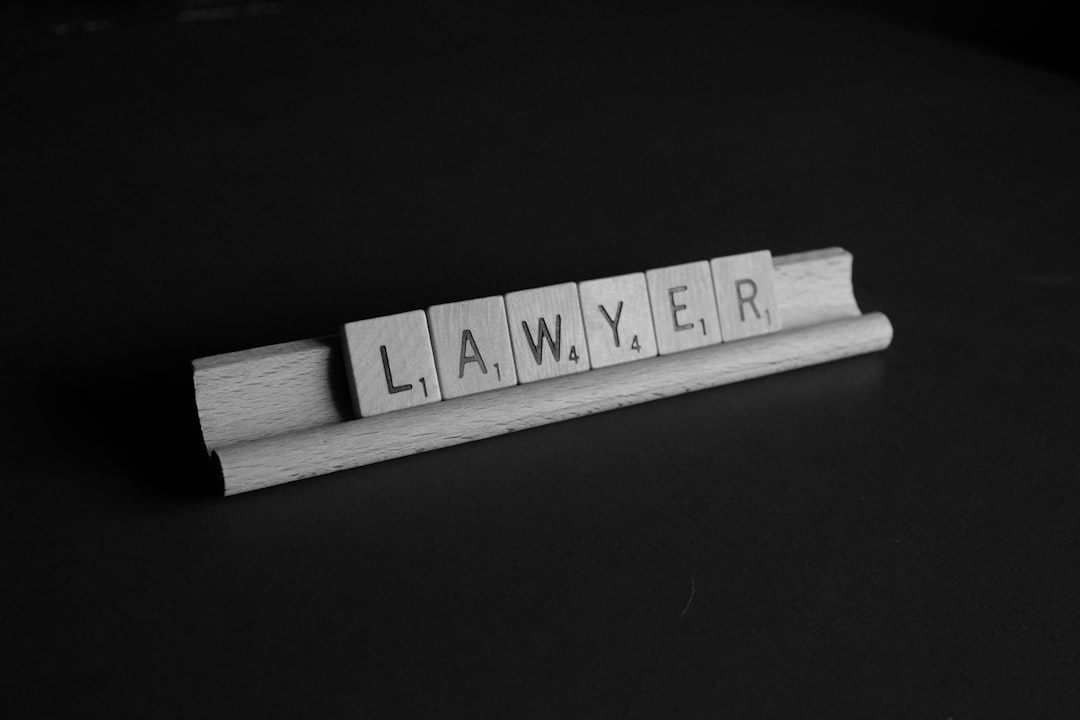
In Chicago, as across the nation, consumers have legal recourse against unwanted telephone solicitations. If you’ve received repeated or unsolicited calls from telemarketers, an unwanted call attorney Chicago can help. These attorneys specialize in navigating complex consumer protection laws and ensuring that your rights are respected. According to the Telephone Consumer Protection Act (TCPA), businesses must obtain explicit consent before making automated or prerecorded phone calls for marketing purposes.
If a company violates these rules, individuals have the right to file a complaint with the Federal Trade Commission (FTC) or seek legal action. An unwanted call attorney Chicago can guide you through this process, helping you recover damages and send a clear message that such practices will not be tolerated. They can represent you in negotiations, court proceedings, or both, ensuring that you receive fair compensation for any harassment or disruption caused by unauthorized calls.

